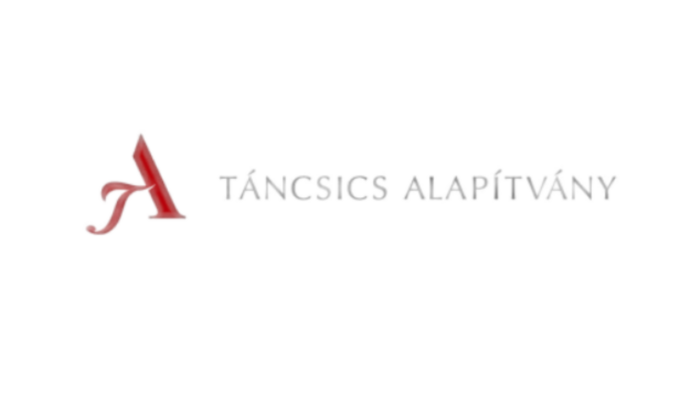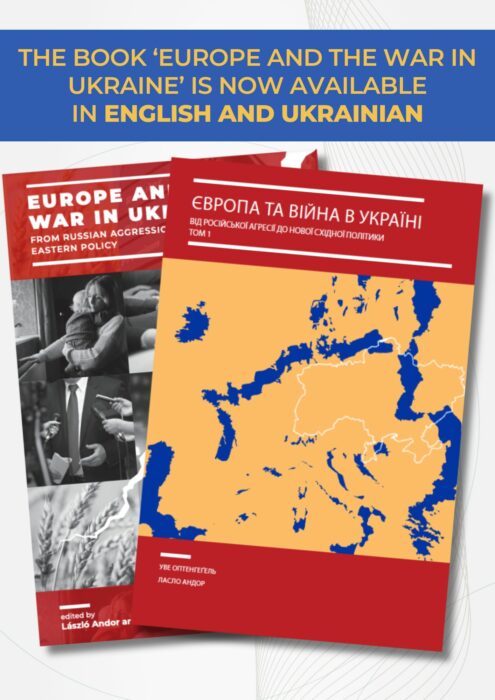Network
Find all related publications
Publications
Find all related news
News
Find all related in the media
In the media










